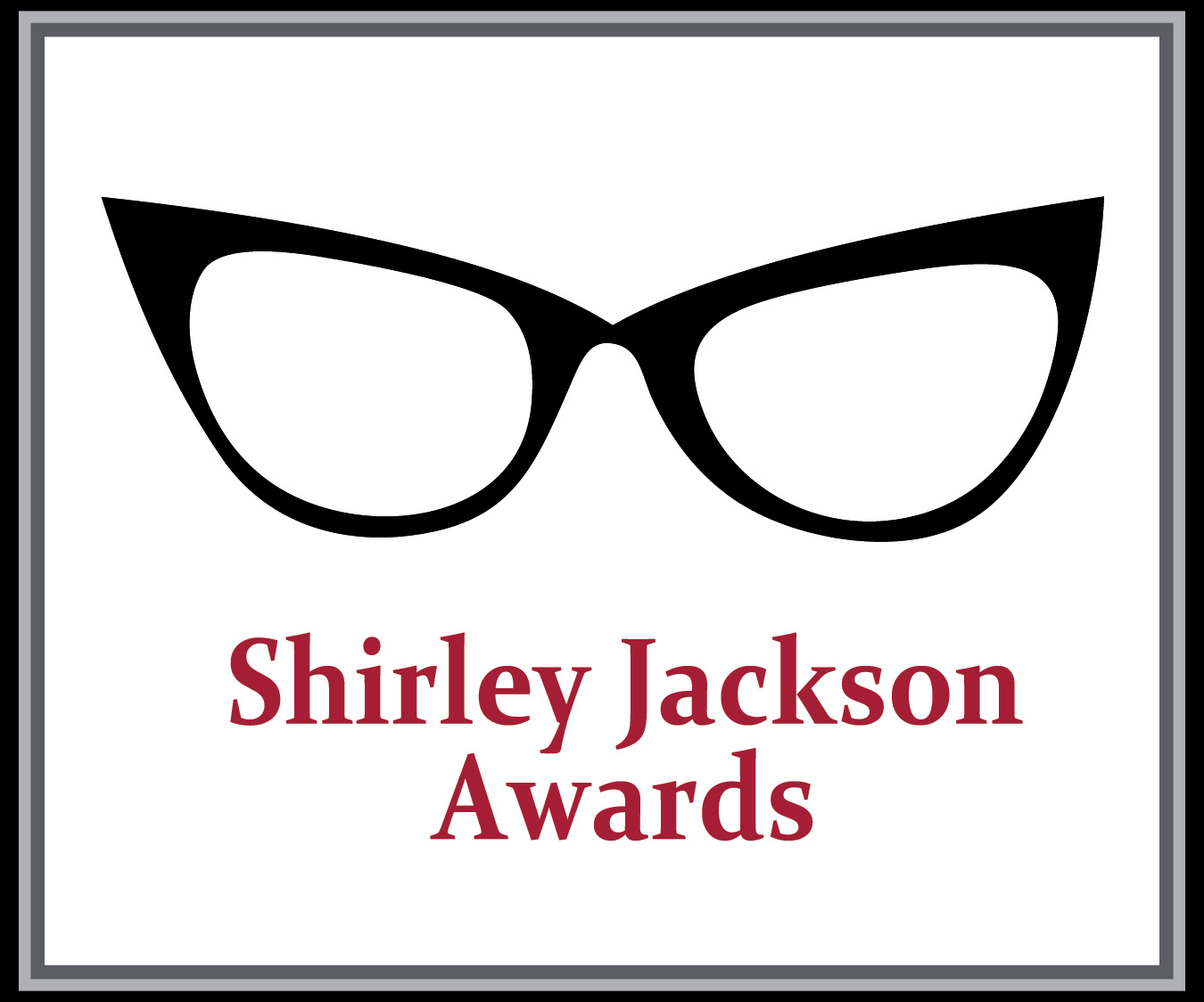Nicole Cushing’s novella Children of No One is a 2013 Shirley Jackson Awards nominee.
Charles Tan: What kind of research did you have to do for Children of No One?
Nicole Cushing: I spent time researching postmodern magick and the occult. I don’t believe in the supernatural, but still like for my representations of the supernatural to have a sense of believability about them. A friend referred me to a gentleman named Nathan Drake Schoonover, who has appeared on television programs and is something of an authority on the subject. I chatted with Nathan on Facebook and he gave me some ideas about the sort of magick my character (Mr. No One) would likely use to achieve his goal.
Charles Tan: What was the experience like, writing your first novella? How different is it from writing short stories?
Nicole Cushing: When I started writing Children of No One, I assumed it was just going to be another short story. Generally speaking, my natural inclination is toward brevity. By the time I started writing Children of No One, I had arrived at a place in my career where I just assumed I would end up as a short story writer.
So, as I continued to write Children of No One and saw the word count increasing beyond that of a short story, and then beyond that of a novelette, I was incredulous. But also a bit giddy. It was validating, to see that my skill set could expand.
Now I’ll get to the second part of your question. Having stumbled into writing a novella, I wasn’t aware – at the time – of the differences between it and a short story. But I think I can look back and sort it out, now.
The novella is fiction’s middle child. It’s there to accommodate stories that have at least one or two elements that need a little breathing room. In the case of Children of No One, the cast of characters is simply too large and complicated to fit easily into a short story. Also, I was exploring themes that required some space to develop. Those were the elements that needed breathing room.
However, the story didn’t sprawl in terms of the length of time it depicts (if I recall correctly, everything happens in less than twenty-four hours). Likewise, the story takes place in and around a single setting. If the story took place over weeks or months (or grew beyond its single setting), then I would have needed to expand it further. Perhaps, into a novel.
So there’s this lovely, odd sense of simultaneous expansion and brevity in a novella. It’s a literary contradiction. That’s probably why I enjoy the form so much. It’s a way for an author to selectively expand only those aspects of storytelling that need expanding (even if that selection process occurs subconsciously, as it did for me).
Charles Tan: What was the most challenging and rewarding part of writing Children of No One?
Nicole Cushing: The most challenging part was the ending. I felt confident in the strength of the first two-thirds of the novella. As I wrote those first two-thirds, I was absorbed in a sense of playfulness with the story, the characters, and the themes. But I lost that sense of playfulness as I approached the ending. I was concerned I wouldn’t be able to pull it off. I was scared of setting up something with potential, but failing to live up to that potential. I think the fact that we’re having this conversation suggests I didn’t blow it.
The most rewarding part was simply the euphoria I felt during the writing process. Children of No One was written on spec. I was occasionally nagged by thoughts that I was wasting my time with a project that wouldn’t sell. But the euphoria pulled me through the doubt. I decided to persevere with it because I was enjoying it too much to quit.
